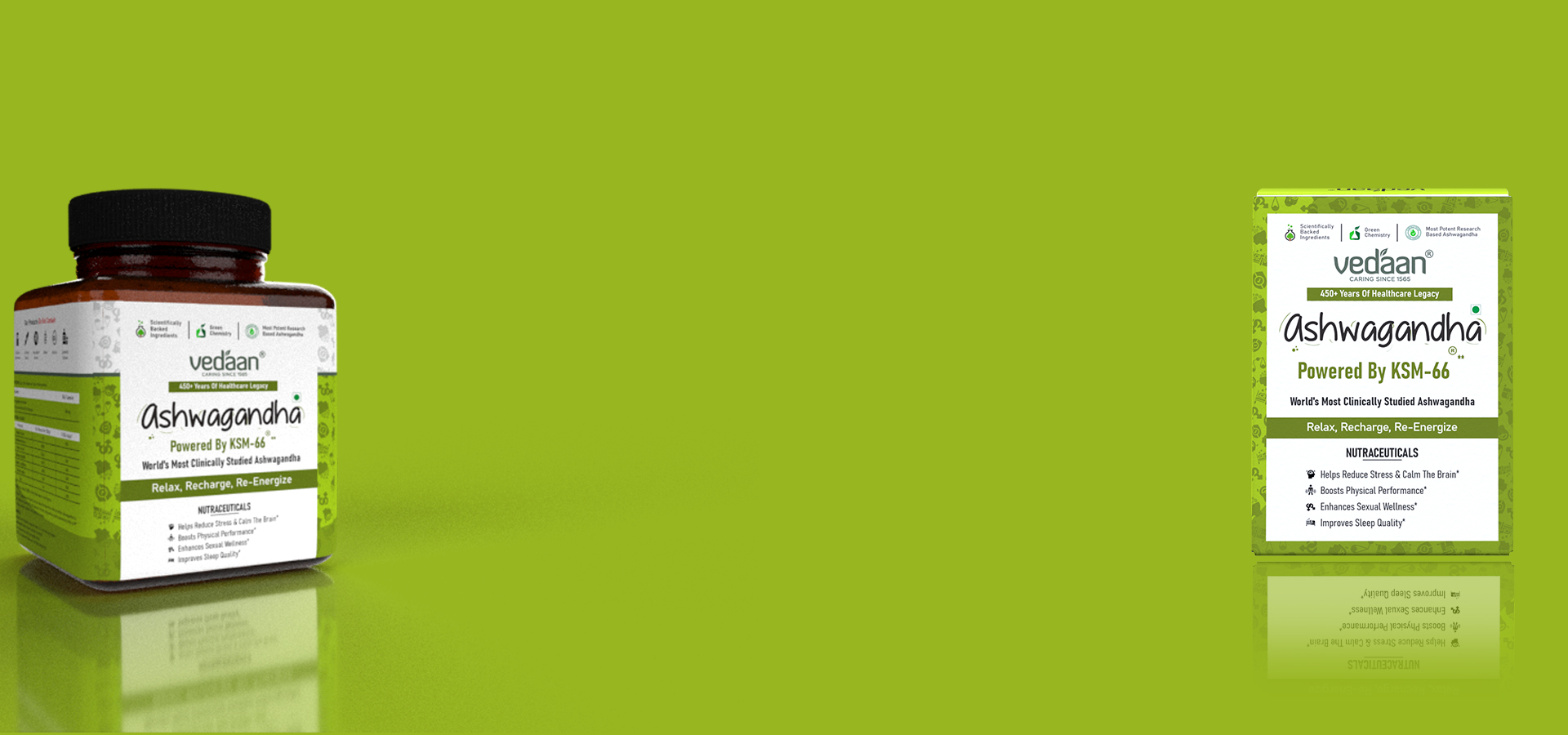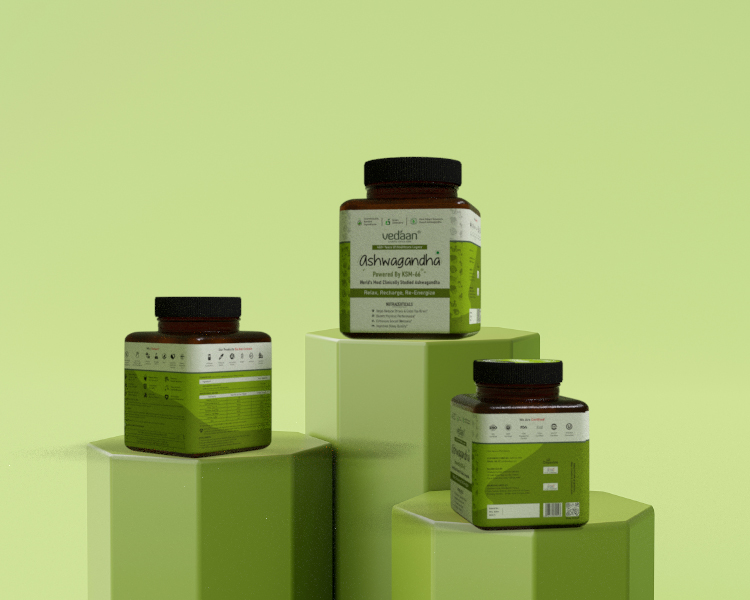Introduction
Ashwagandha, commonly referred to as Withania somnifera, is used in Ayurvedic treatment. It is a tiny shrub in the Solanaceae family. Ashwagandha is also referred to as Indian winter cherry or Indian ginseng. The Rasayana (tonic) virtue of ashwagandha is well recognized. Rasayana is a herbal or metallic concoction that promotes happiness and youthful physical and mental health.
People have been using the orange-red fruit and roots of ashwagandha for therapeutic purposes for hundreds of years. This herb is used by practitioners as a general tonic to increase energy and lower tension and anxiety. It could be beneficial for various illnesses, mainly as a nervine tonic (which has a soothing effect on nerves). Some assert that the herb may be helpful for anxiety, Alzheimer’s illness, and specific malignancies.
This blog post examines the many uses of ashwagandha, its administration, any side effects, and the scientific data supporting its potential health advantages.
What Are The Uses Of Ashwagandha?
Ashwagandha is one of the most important herbs in Ayurvedic treatment. Being one of the oldest medical systems, Ashwagandha has always played an integral role in India’s healthcare system.
Ashwagandha is classified as a Rasayana in Ayurvedic medicine. In other words, it supports the preservation of youth—both intellectually and physically. The plant may have neuroprotective and anti-inflammatory properties. Many illnesses are characterized by inflammation, which can be reduced to defend the body from several ailments.
For instance, people use ashwagandha to assist with the following conditions:
- Stress
- Improvement in sleep
- Excessive weariness
- Pain and discomfort
- Skin disorders
- Diabetes
- Arthritis
- Epilepsy
The plant’s root extract is among the most effective parts used in various therapies and medicines derived from Ashwagandha.
What Health Benefits Does Ashwagandha Have?
According to scientific research, Ashwagandha may be helpful for various illnesses and other health conditions. The following uses for ashwagandha are supported by evidence collected from various studies and research.
1. Anxiety and Tension
Ashwagandha may have a soothing effect on anxiety symptoms. According to a study from 2000, ashwagandha may be just as good at reducing anxiety as other anxiety medicines in terms of its ability to do so. In a human study conducted in 2019, it was discovered that ingesting 240 mg of Ashwagandha daily considerably reduced stress levels when compared to a placebo. This included lower levels of the stress hormone cortisol. In another 2019 investigation in humans, ingesting ashwagandha at doses of 250 mg or 600 mg a day led to reduced levels of self-reported stress as well as lower blood pressure.
2. Arthritis
Ashwagandha may function as a painkiller for arthritis by halting the transmission of pain impulses to the brain. Additionally, it might have some anti-inflammatory qualities. Due to this, several studies have indicated that it can effectively cure many types of arthritis, including rheumatoid arthritis.
In a 2015’s brief study, the herb showed promise as a rheumatoid arthritis treatment alternative when tested on 125 persons with joint pain.
3. Cardiac Health
Some people take Ashwagandha to improve their cardiovascular health and to cure other health conditions as well, which may include:
- Lowering high blood pressure
- Bringing down high cholesterol
- Relief of chest discomfort
- Keeping heart disease at bay
One 2015 research on humans showed that Ashwagandha root extract might increase a person’s cardiorespiratory endurance, which may promote heart health.
4. Treatments For Alzheimer’s
Several studies have looked at Ashwagandha’s capacity to reduce or prevent loss of brain function in persons with neurodegenerative disorders like Alzheimer’s. Memory loss and functional decline are caused by damage to the brain’s connective tissue as these disorders worsen. According to studies, ashwagandha may provide protection during the early stages of a disease.
5. Enhances Immunity
This potent combination is extremely valuable for raising the body’s overall level of energy and stamina. The active compounds in Ashwagandha and other herbs included in this formulation increase the body’s vitality while reducing weakness and exhaustion. Additionally, it helps the adrenal glands perform better, which in turn lowers stress levels.
6. Enhances Bone Health
This herb is excellent for strengthening bones and easing joint pain and inflammation. It improves bone health, lowers the chance of fracture, keeps the body balanced generally, and gives the body a robust, ideal skeletal structure. Treating diseases, including osteoarthritis, osteoporosis, and fibromyalgia, also builds bone and muscle mass.
7. Reproductive Health
The ashwagandha extract is known to be a very useful and essential herb for enhancing both men’s and women’s reproductive health. It enhances male libido and addresses a variety of infertility-related problems.
8. Treatment For Insomnia
Ashwagandha’s relaxing and anxiolytic qualities assist in reducing tension and anxiety. It eases mental weariness, helps the mind let go of upsetting thoughts, and enhances sleep.
Are There Any Side Effects of Ashwagandha?
Ashwagandha is known to be a safe supplement for many people. Small to medium ashwagandha dosage is typically tolerated by most people. However, long-term use of ashwagandha may lead to some side effects, which may include.
- Vomiting
- Diarrhoea
- Stomach upset
It has also been reported that ashwagandha may harm the liver too. Any negative effects must be reported to your doctor, especially those that are indicative of liver damage, such as itchy skin or jaundice. Also, before consuming ashwagandha, pregnant women and those with pre-existing medical disorders should consult their doctor. Therefore, before using ashwagandha, kindly speak with a health practitioner to customise the medication to meet your specific medical needs.
Summary
Ashwagandha is an ancient medicinal herb that serves multiple possible health benefits to many people. According to several pieces of research, ashwagandha may help with arthritis, stress relief, and anxiety reduction, among other health advantages.
Numerous studies undertaken up to this point have shown results. However, there needs to be more work in this field. If you plan to add Ashwagandha nutrition to your healthcare regimen, you should first talk to your doctor or healthcare practitioner about it.





